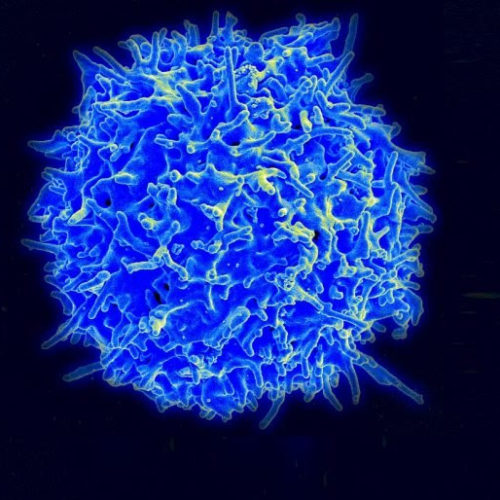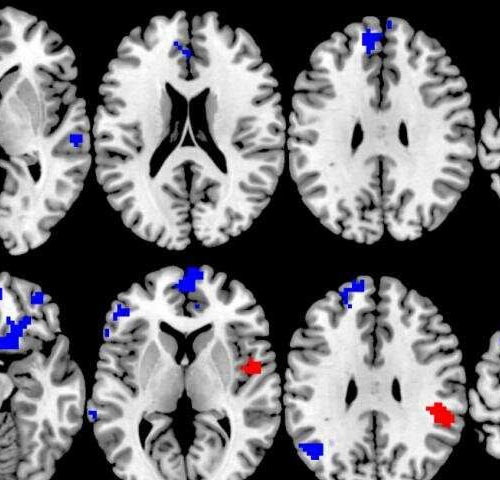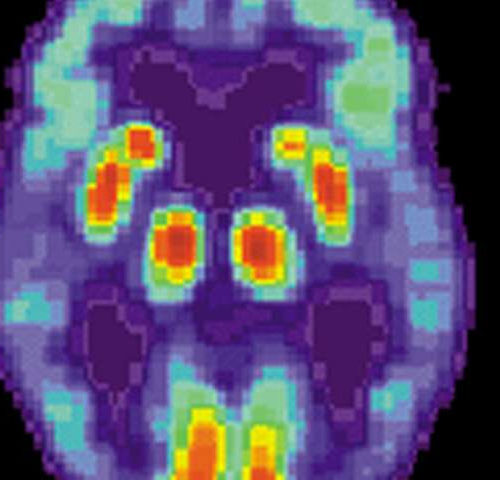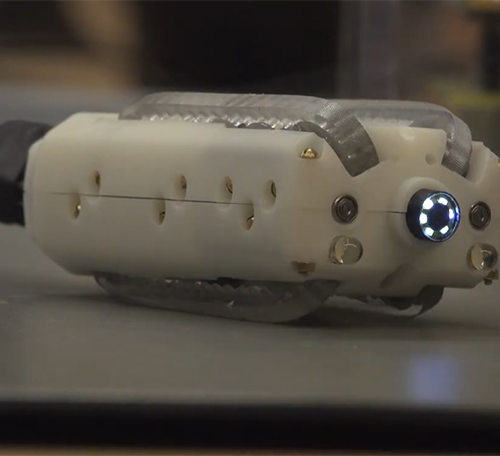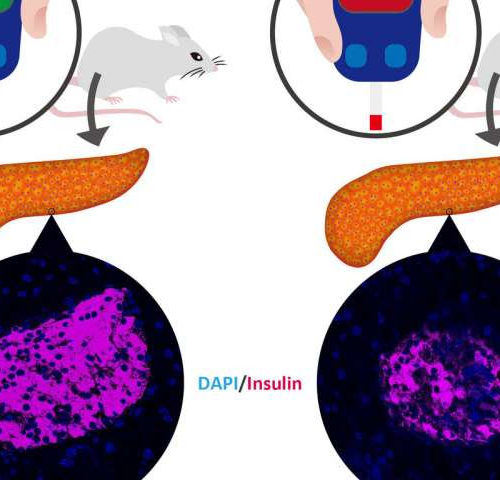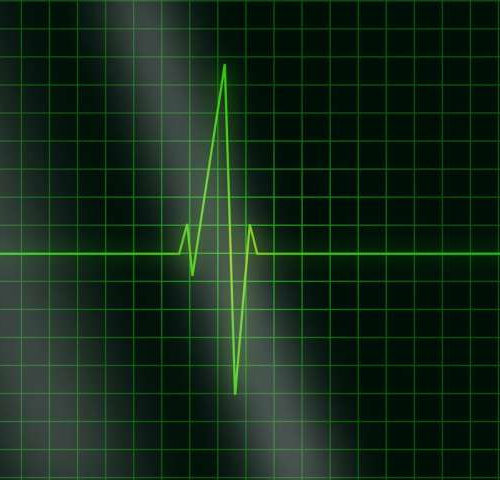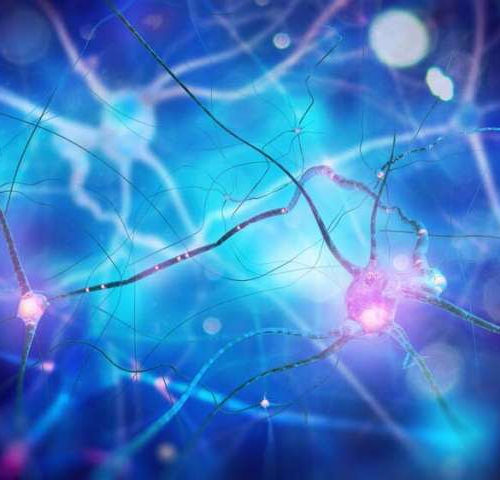By Rich Haridy August 27, 2020 New preliminary research is suggesting a simple saliva test can detect the presence of a protein biomarker known to signal the occurrence of a heart attack in just 10 minutes. If this prototype test is validated in future studies it could dramatically accelerate the speed at which patients with...
New tool identifies which cancer patients are most likely to benefit from immunotherapy
A new prognostic tool developed by an international team led by CTI-Bath paves the way for personalised medicine for cancer patients. A new diagnostic tool that can predict whether a cancer patient would respond to immunotherapy treatment has been developed by scientists at the University of Bath. This advance in precision medicine will allow clinicians...
Giant nanomachine aids the immune system
Cells that are infected by a virus or carry a carcinogenic mutation, for example, produce proteins foreign to the body. Antigenic peptides resulting from the degradation of these exogenous proteins inside the cell are loaded by the peptide-loading complex onto so-called major histocompatibility complex molecules (MHC for short) and presented on the cell surface. There,...
Which OCD treatment works best? New brain study could lead to more personalized choices
by University of Michigan A compilation of brain images from the study of obsessive-compulsive disorder treatment response and its correlation with activation during cognitive and reward processing tasks. Credit: University of Michigan New research could improve the odds that people with obsessive-compulsive disorder will receive a therapy that really works for them—something that eludes more...
A.I. tool promises faster, more accurate Alzheimer’s diagnosis
by Stevens Institute of Technology By detecting subtle differences in the way that Alzheimer’s sufferers use language, researchers at Stevens Institute of Technology have developed an A.I. algorithm that promises to accurately diagnose Alzheimer’s without the need for expensive scans or in-person testing. The software not only can diagnose Alzheimer’s, at negligible cost, with more...
Colon Explorer for Automatic Imaging and Biopsying of Polyps
AUGUST 27TH, 2020 MEDGADGET EDITORS GI Millions of colonoscopies are performed every year to spot cancer as early as possible. The routine nature of these procedures and the constant need for them to be performed has led researchers at University of Colorado Boulder to develop a robotic tank-like device for traversing, imaging, and even biopsying...
Microglia might lessen seizure severity in epilepsy
by American Physiological Society New research in mice highlights the potential protective effect of microglia—a type of non-neuronal cell in the brain—against overactivation of the central nervous system during acute epileptic seizures. The study is published in the American Journal of Physiology-Cell Physiology. Epilepsy is a brain disorder in which the electrical activity of the...
A surprising protein player in diabetes
by Okinawa Institute of Science and Technology A protein that’s common throughout the body plays a key role in regulating glucose levels, says new research conducted in the Cell Signal Unit at the Okinawa Institute of Science and Technology Graduate University (OIST) and Riken Center of Integrative Medical Sciences. Called CNOT3, this protein was found...
New at-home heart monitoring technique could reduce hospital visits and save lives
by Ben Robinson, University of Manchester A simple new heart-monitoring technique has been developed to help people self-monitor their conditions at home without the need for hospital visits. University of Manchester researchers have developed a simple technique that allows people to monitor their own electrocardiogram (ECG) for a potentially life-threatening condition. Previously people needed to...
Scientist unveils a 3-D printed device to excite nerves
by Jim Barlow, University of Oregon A tiny, thin-film electrode with a 3-D-printed housing has been implanted in the peripheral nervous system of songbirds, where it successfully recorded electrical impulses that drive vocalizations. The research is seen as an advance in the emerging field of bioelectronic medicine and eventually could lead to a new treatment...


